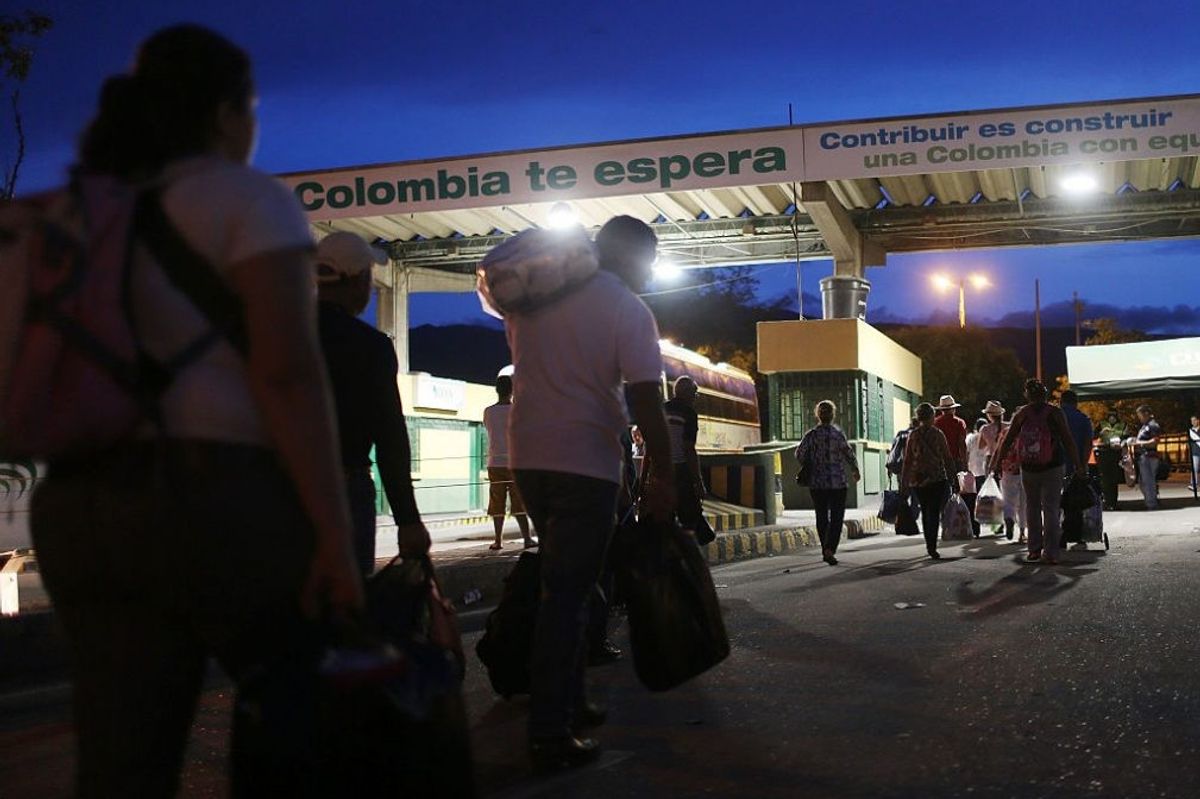The current fiscal crisis in Brazil is the result of a long period of economic mismanagement by the Workers Party (PT). Beginning in 2003 with the inauguration of President “Lula” da Silva, the government enjoyed a massive increase in revenues created by the demand from China for the country’s raw materials and commodities. Rather than undertaking fundamental structural changes, the government hired more public servants and spent lavishly. Lula’s successor, President Dilma Rousseff, took office in 2011 as the commodity boom ended. Rather than recognizing the need for reform, she decided to pursue a set of populist policies to avoid a severe slowdown. The government pressured the central bank to reduce interest rates, fueling a credit spree among overstretched consumers who are now drowning in credit debt and unable to repay loans. Dilma cut taxes for certain domestic industries and imposed price controls on gasoline and electricity, creating huge losses at Brazil’s public energy companies.
Dilma decided to expand the role of the national development bank, known as BNDES. Borrowing money from the national treasury, the bank increased taxpayer-subsidized loans to large corporations at rates that were significantly lower than the market rate. It is alleged that the president also began to use funds from giant government banks to cover budget shortfalls as she and the PT headed into national elections. One former Finance Minister, Antonio Delfim Netto, was quoted in the national press as saying, “they deliberately destroyed the public finances to obtain re-election.”
Dilma’s second term in office has been a disaster. As she tried to undo some of the damage done during her first term, the situation has deteriorated further. While energy prices are falling in much of the world, they are soaring in Brazil as the government loosens its price controls. Residential electricity rates alone have increased more than 40 percent in 2015 as the authorities try to recoup losses at public electricity companies. Unemployment is surging; inflation is increasing. A major corruption scandal has erupted in the state petroleum company, Petrobras. The scandal, in which contractors paid an estimated $3 billion in bribes to officials, could wipe out the equivalent of 2.5 percent from Brazil’s gross domestic product in 2015, according to reliable sources.
As a result of the accumulated policy mistakes, S&P downgraded Brazil’s long-term foreign currency rating to BB+, meaning Brazil has lost investment grade status. The report also was accompanied by a Negative Outlook. The reason behind the downgrade was the overall worsening of the fiscal and political situation. S&P highlighted the perception of deteriorating coordination within the government. S&P also said that the government repeatedly revised downwards its primary fiscal targets – in particular, the 2015 goal, which started the year as a 2 percent of GDP surplus, was revised down in July to 0.7 percent, and then became a 0.3 percent deficit in late August.
The context for western businesses could not be more pessimistic. Unemployment will continue to rise as will inflation. Consumer demand is plummeting as Brazilians fear the worst. Interest rates are at an all-time high. With falling prices for commodities and raw materials, Brazil cannot count on any increase in foreign exchange earnings for the foreseeable future. The country’s deficit in physical infrastructure is an important drawback to new investment as is a poorly educated work force. While Brazil remains a potentially large consumer market, the full potential will not be realized until the government finds the political will to undertake the fundamental structural policy changes that have been ignored for years.








